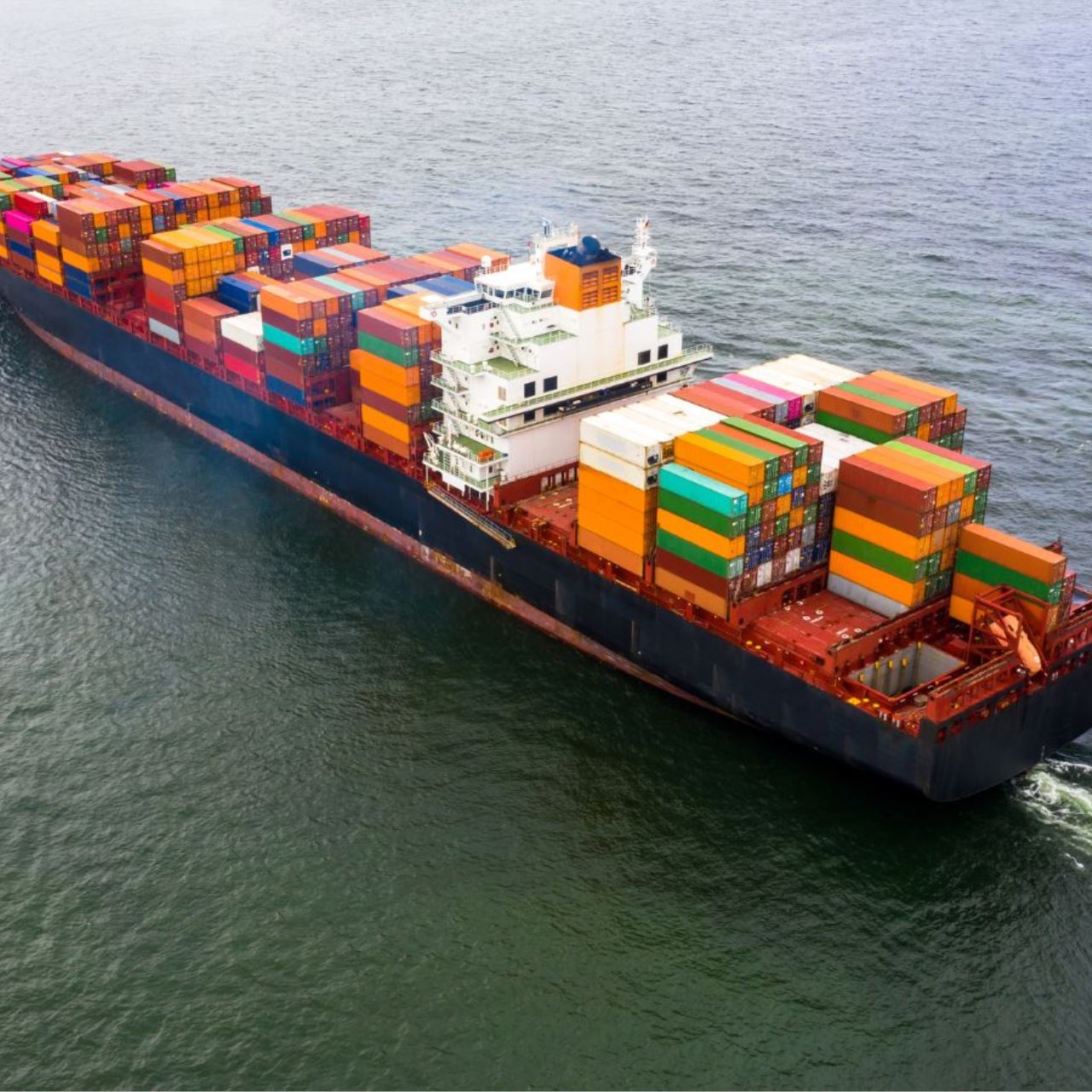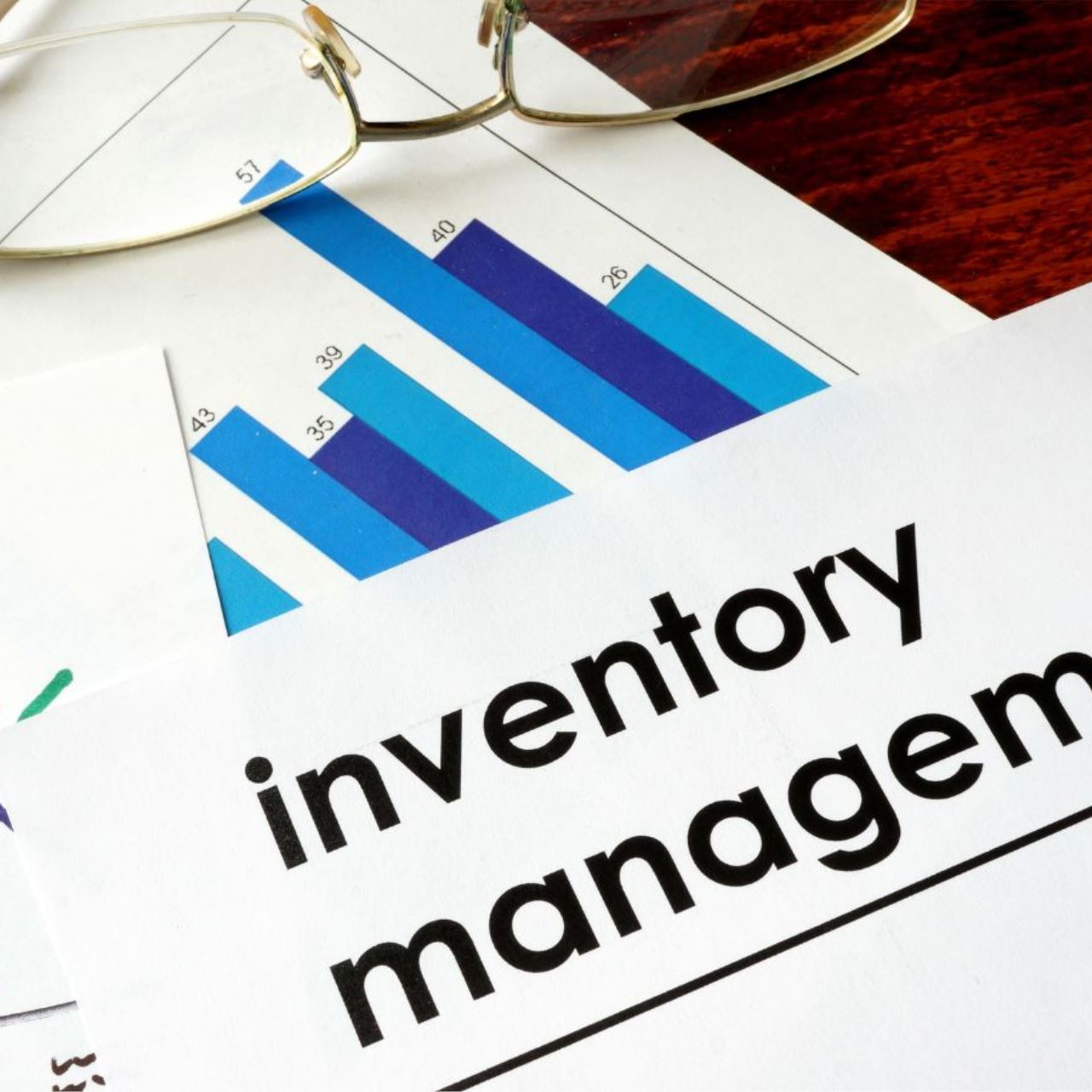
Choosing the Right 3PL Partner: Key Considerations for Businesses
In the ever-evolving landscape of global commerce, the role of Third-Party Logistics (3PL) providers has become increasingly vital. As businesses expand their operations and venture into international markets, the decision to outsource logistics to a 3PL partner is often strategic and essential. However, with a myriad of 3PL providers in the market, choosing the right partner can be a complex and critical decision. In this comprehensive guide, we'll explore the key considerations businesses should take into account when selecting the right 3PL partner.
Understanding the Need for a 3PL Partner
Before delving into the considerations for choosing a 3PL partner, it's crucial to understand why businesses opt for third-party logistics in the first place. The decision to outsource logistics functions to a 3PL provider often stems from several factors:
Expertise and Specialization: 3PL providers bring specialized knowledge and expertise in logistics and supply chain management, allowing businesses to leverage the skills of professionals in the field.
Cost Efficiency: Outsourcing logistics can result in cost savings. 3PL providers have established networks and resources, allowing them to negotiate better rates for transportation, warehousing, and other services.
Scalability: 3PL providers offer scalability, allowing businesses to adjust their logistics resources based on fluctuating demand. This flexibility is particularly valuable during peak seasons or periods of rapid growth.
Focus on Core Competencies: By outsourcing logistics functions, businesses can focus on their core competencies and strategic priorities, leaving the complexities of supply chain management to the experts.
Now, let's explore the key considerations businesses should keep in mind when selecting the right 3PL partner.
**1. Expertise and Industry Knowledge
One of the first considerations when choosing a 3PL partner is their expertise and industry knowledge. Different industries have unique logistics requirements and challenges, and it's crucial to partner with a 3PL provider that understands the intricacies of your specific industry.
Ask potential 3PL partners about their experience in your industry, the types of clients they have served, and the challenges they have successfully navigated. A 3PL provider with industry-specific expertise is better equipped to tailor solutions that align with your business needs and regulatory requirements.
**2. Global Reach and Network
For businesses operating on a global scale or considering international expansion, the global reach and network of a 3PL provider become paramount. Assess the geographical coverage of potential partners and their capabilities in managing international logistics.
A 3PL partner with a robust global network can optimize transportation routes, navigate complex customs procedures, and provide solutions for cross-border logistics. Additionally, a global 3PL partner can help businesses stay agile and responsive in the face of dynamic international markets.
**3. Technology and Innovation
In the digital age, technology plays a pivotal role in optimizing logistics and enhancing supply chain visibility. When evaluating 3PL partners, inquire about the technology solutions they offer and their approach to innovation.
Look for 3PL providers that leverage advanced technologies such as:
Warehouse Management Systems (WMS): Efficient management of inventory and order fulfillment.
Transportation Management Systems (TMS): Optimization of transportation routes and carrier management.
Real-Time Visibility Tools: Tracking and monitoring shipments in real time for enhanced transparency.
A technologically advanced 3PL partner not only improves operational efficiency but also provides businesses with real-time insights into their supply chain, enabling better decision-making.
**4. Scalability and Flexibility
The ability to scale operations in response to changing business needs is a crucial consideration when choosing a 3PL partner. Assess the scalability and flexibility of potential partners in terms of:
Capacity: Can the 3PL provider handle increases in volume during peak seasons or periods of growth?
Resources: Does the 3PL partner have the flexibility to allocate resources based on fluctuating demand?
Services: Can the 3PL partner adjust services to accommodate changes in business requirements?
Scalability ensures that your logistics partner can grow alongside your business and adapt to changing market conditions.
**5. Performance Metrics and KPIs
Measuring the performance of a 3PL partner is essential for ongoing improvement and accountability. Establish clear Key Performance Indicators (KPIs) and performance metrics that align with your business goals. Some relevant metrics include:
On-Time Delivery Rates: Ensuring timely and reliable deliveries to customers.
Order Accuracy: Minimizing errors in order picking and fulfillment.
Inventory Accuracy: Maintaining accurate inventory records to prevent stockouts or overstock situations.
Cost Efficiency: Evaluating the cost-effectiveness of logistics operations.
A transparent and collaborative approach to performance monitoring fosters a mutually beneficial partnership and allows for continuous improvement.
**6. Regulatory Compliance and Risk Management
Navigating the complex landscape of international trade involves compliance with various regulations and risk management strategies. Ensure that your potential 3PL partner has a robust understanding of:
Customs Regulations: Ability to navigate customs procedures and documentation requirements.
Trade Compliance: Adherence to international trade laws and regulations.
Risk Mitigation: Strategies for managing geopolitical risks, natural disasters, and other unforeseen events.
A 3PL provider with a strong focus on regulatory compliance and risk management enhances the reliability and resilience of your supply chain.
**7. Cost Structure and Transparency
While cost efficiency is a primary motivation for outsourcing logistics, it's essential to have a clear understanding of the 3PL partner's cost structure and pricing model. Evaluate the transparency of pricing and inquire about:
Service Fees: Understand the breakdown of fees for various services provided.
Variable Costs: Clarify how variable costs, such as transportation and warehousing, are calculated.
Hidden Costs: Identify any potential hidden costs that may impact the overall expense.
Transparency in cost structures helps businesses make informed decisions and avoids unexpected financial surprises.
**8. References and Reputation
Before finalizing a partnership with a 3PL provider, seek references and evaluate their reputation in the industry. Look for:
Client Testimonials: Feedback from current or past clients can provide insights into the 3PL provider's performance.
Industry Recognition: Awards or certifications that highlight the provider's excellence in logistics and supply chain management.
A reputable 3PL partner should be willing to provide references and share success stories that align with your business goals.
**9. Communication and Collaboration
Effective communication is a cornerstone of successful logistics partnerships. Evaluate the communication practices of potential 3PL partners, considering factors such as:
Accessibility: Ease of communication and accessibility to key contacts within the organization.
Collaborative Approach: Willingness to collaborate on solutions and address challenges proactively.
Communication Tools: Utilization of communication tools and platforms for real-time updates.
A 3PL partner that values open communication and collaboration becomes an extension of your team, fostering a strong and productive partnership.
**10. Sustainability Practices
As sustainability becomes a focal point for businesses globally, evaluating the sustainability practices of a 3PL partner is increasingly important. Inquire about:
Environmental Initiatives: Efforts to reduce carbon footprint and adopt eco-friendly practices.
Green Logistics: Strategies for optimizing transportation routes and reducing environmental impact.
Packaging Sustainability: Practices related to sustainable and eco-friendly packaging.
Choosing a 3PL partner with a commitment to sustainability aligns with corporate social responsibility goals and resonates positively with environmentally conscious consumers.
As a result, selecting the right 3PL partner is a strategic decision that can significantly impact the efficiency and success of your supply chain. By carefully considering factors such as expertise, global reach, technology, scalability, and sustainability, businesses can identify a 3PL partner that aligns with their specific needs and objectives.
Remember that the relationship with a 3PL partner is a collaboration, and transparency, communication, and shared goals are essential for a mutually beneficial partnership. As you embark on the process of choosing a 3PL partner, prioritize thorough research, engage in meaningful discussions, and seek a partner that not only meets your current logistics needs but also has the flexibility and capabilities to support your future growth and evolution in the dynamic world of global commerce.






